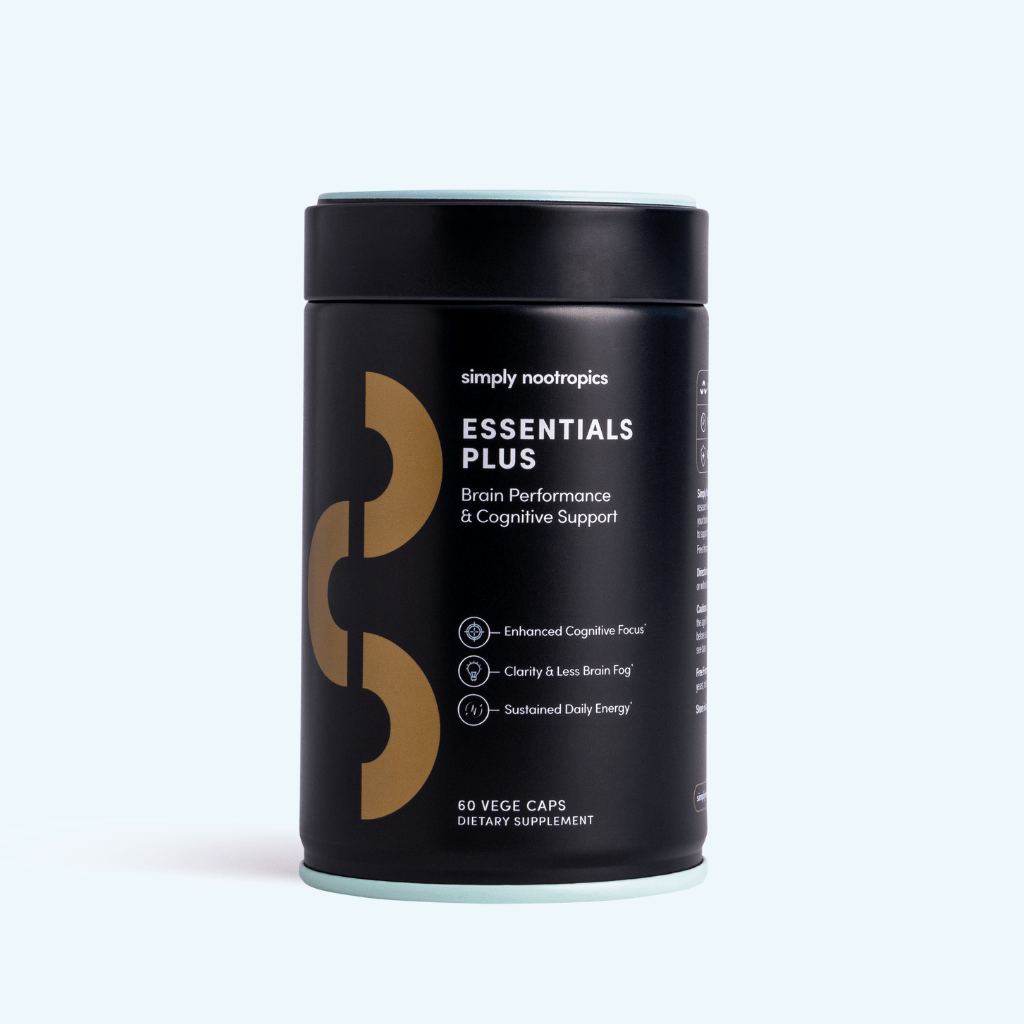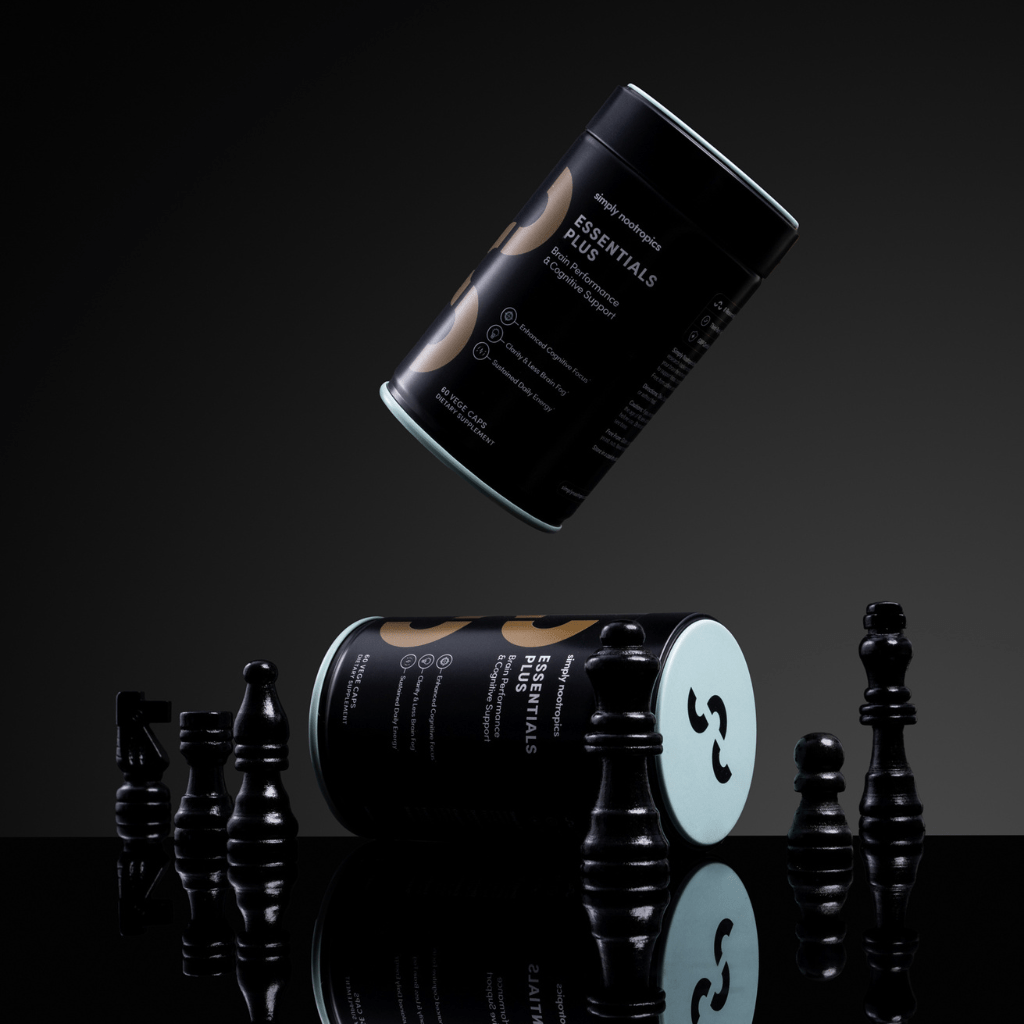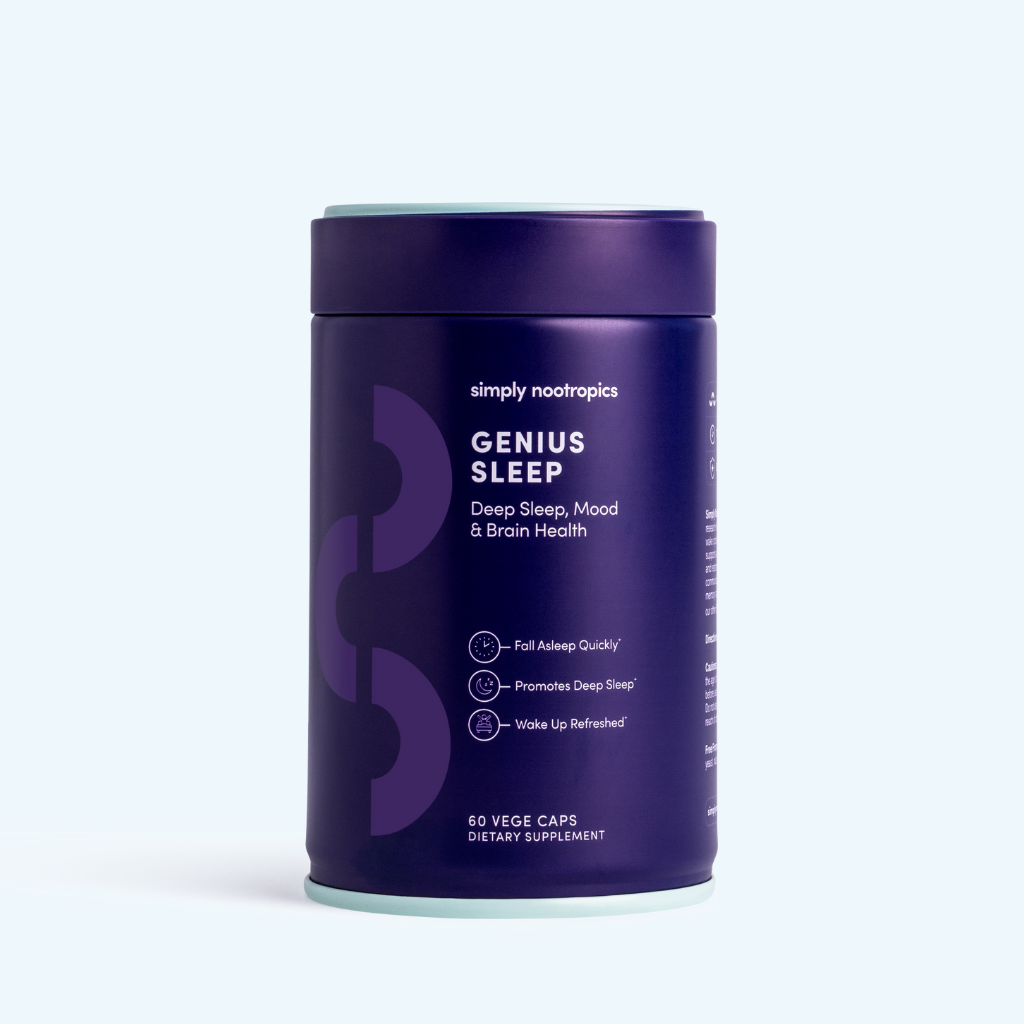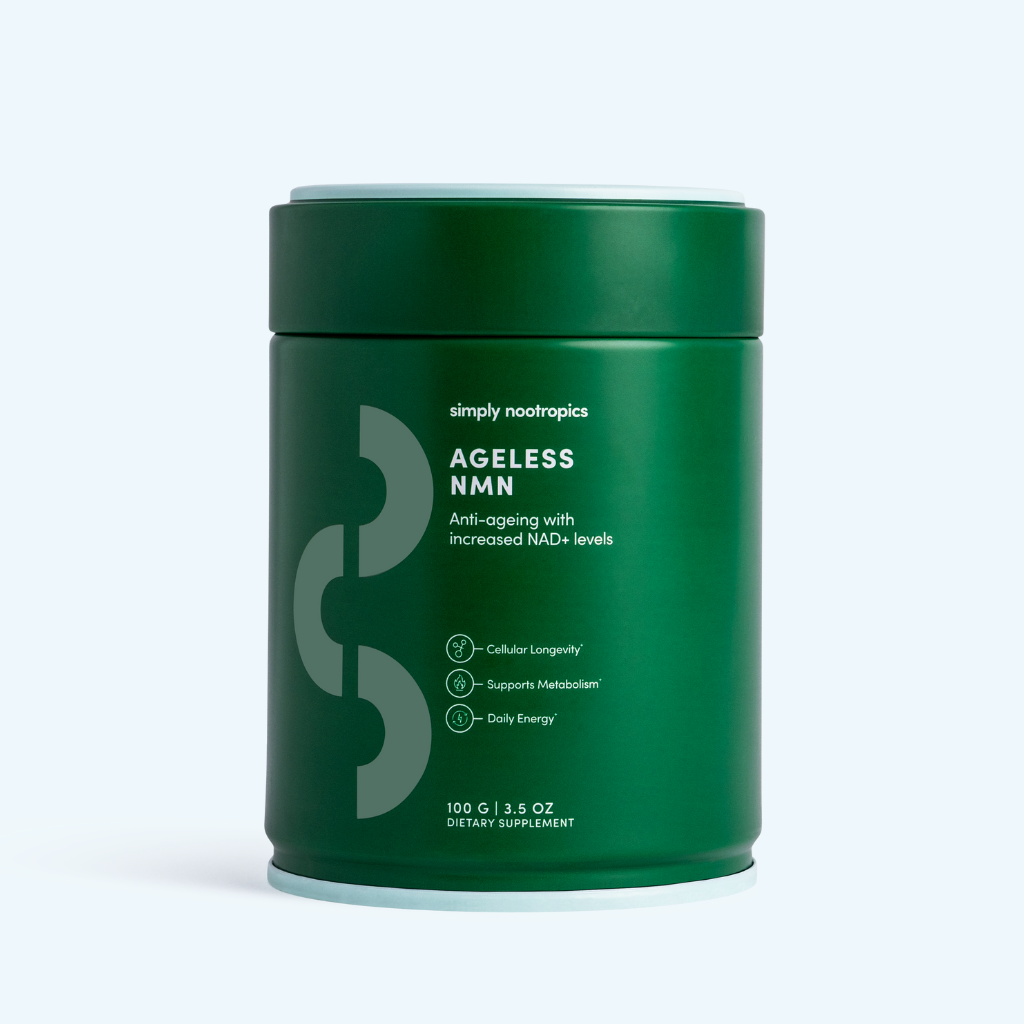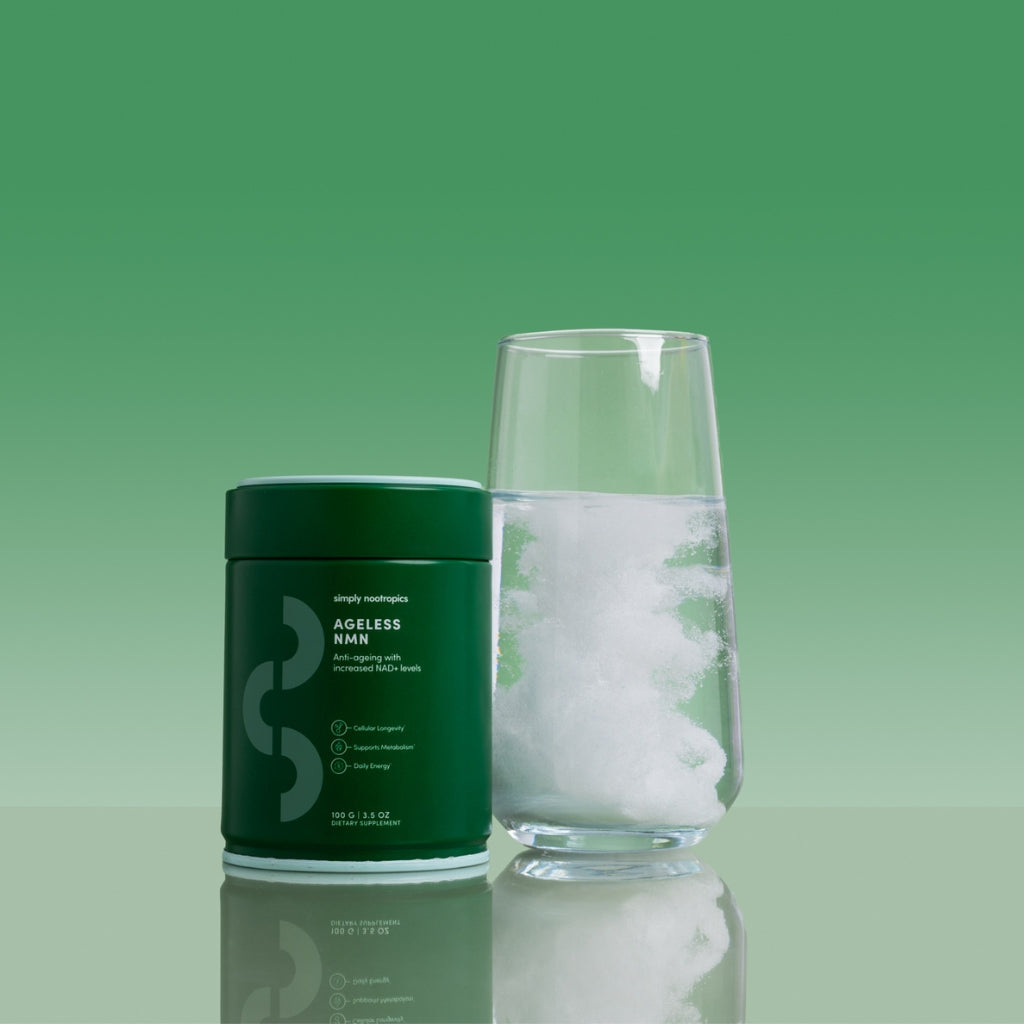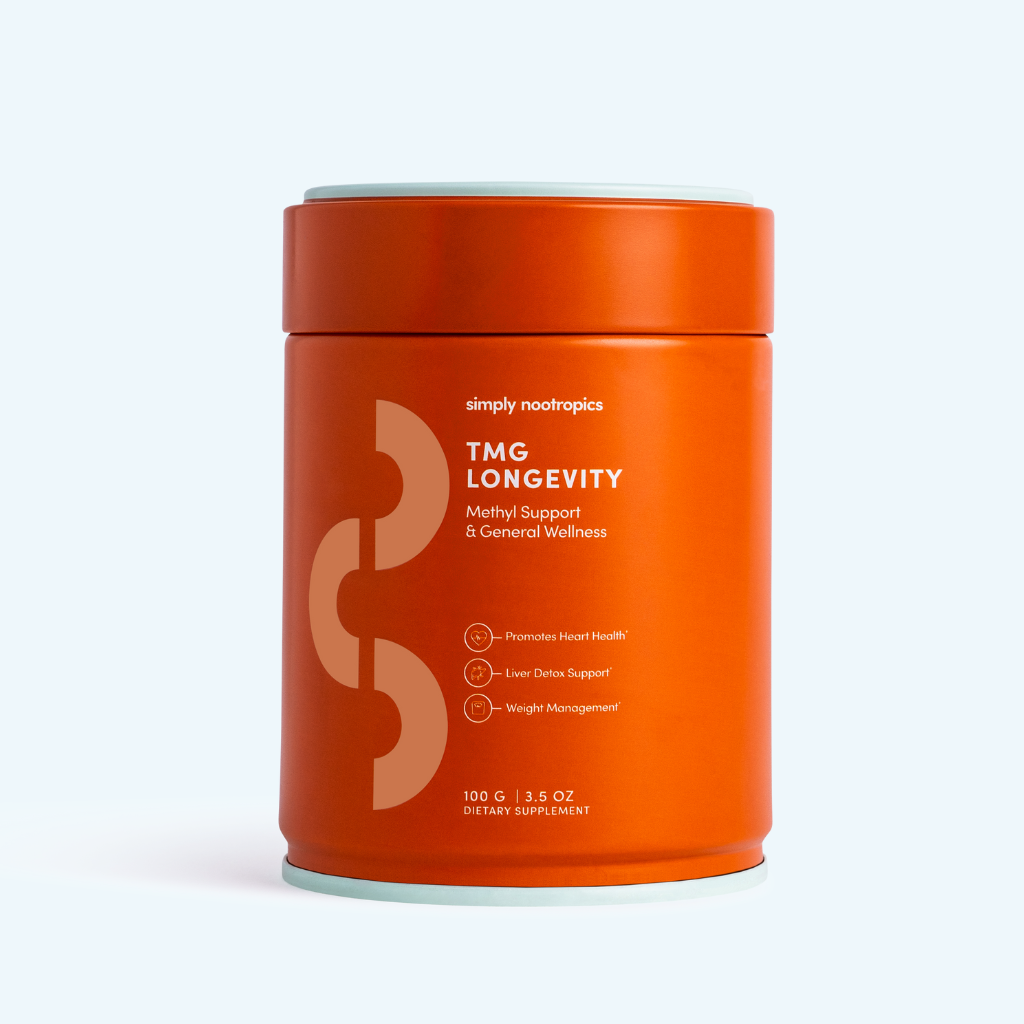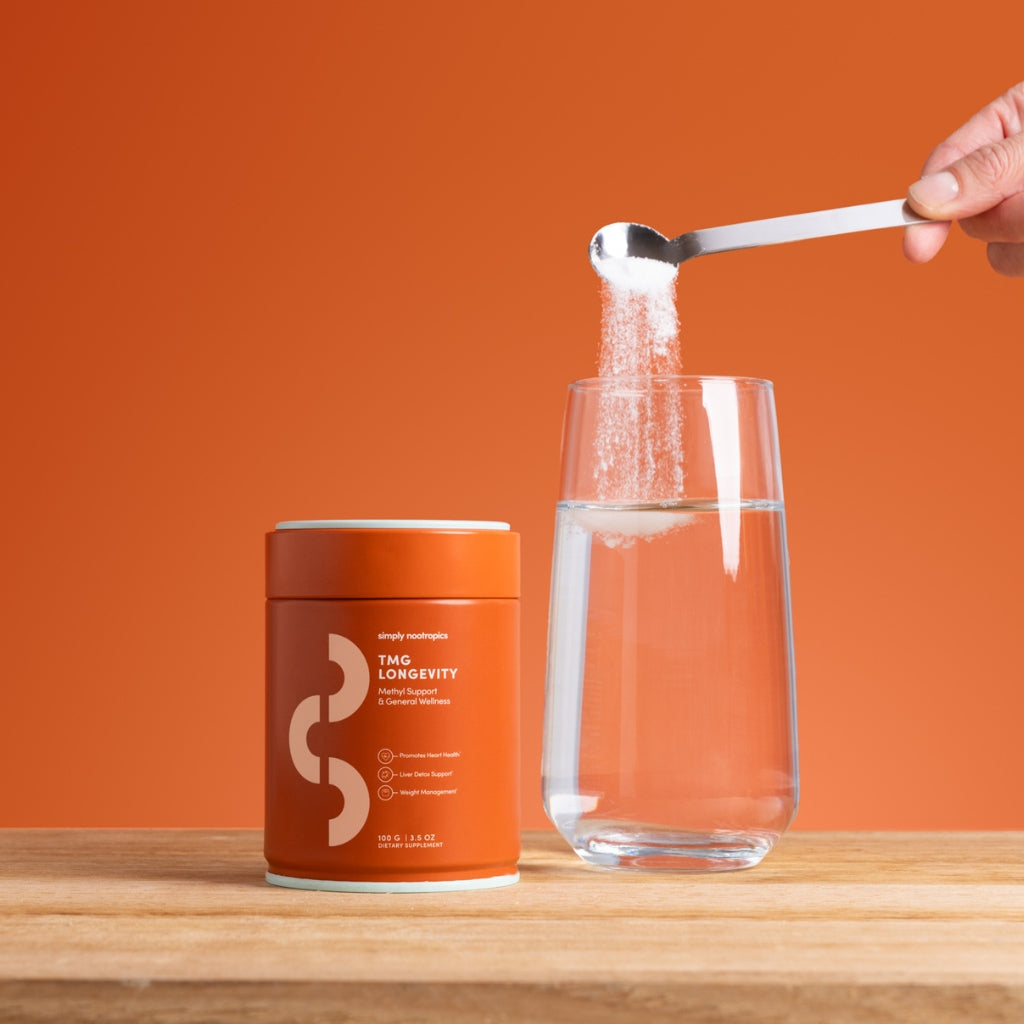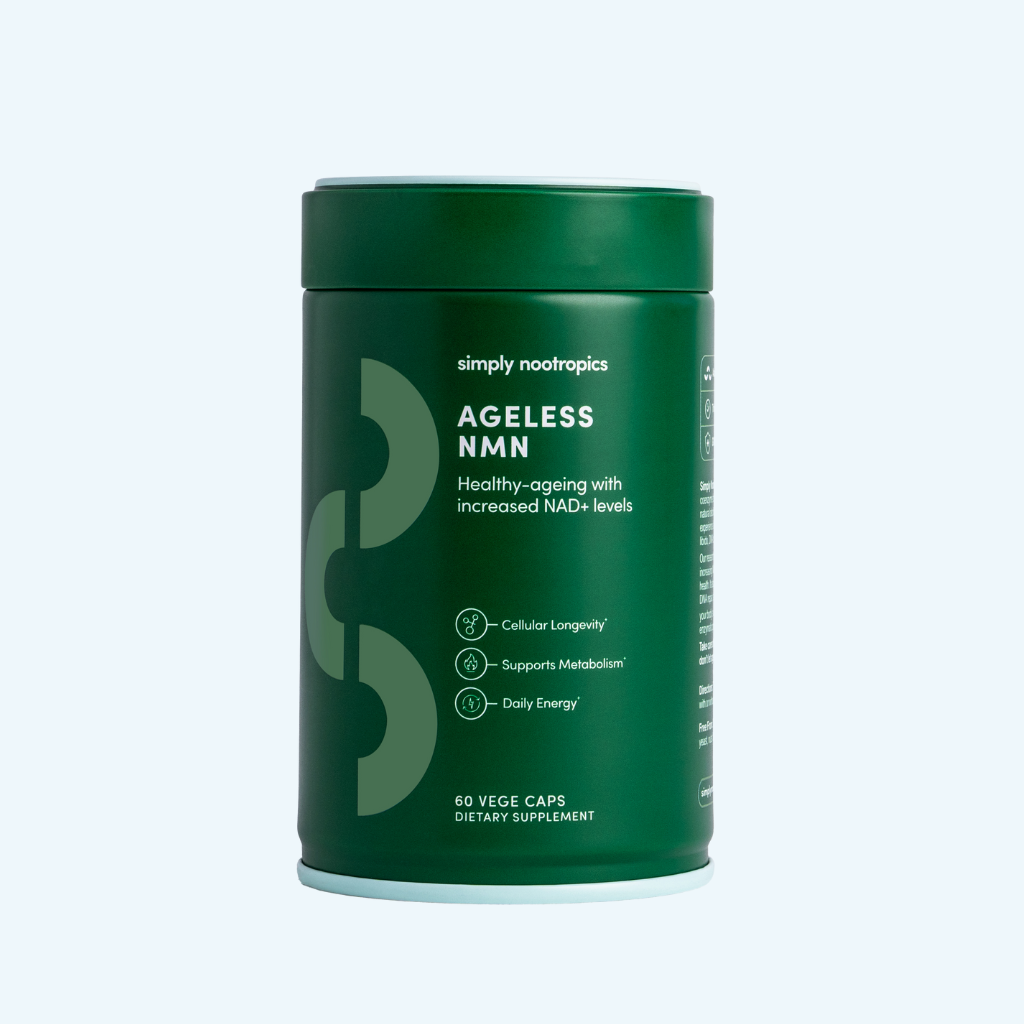When we think about ageing, we often picture the obvious: grey hair, wrinkles, slower recovery. But beneath the surface, the body is dealing with all kinds of pressure, like ongoing stressors that don’t grab your attention until something feels off.
These hidden stressors don’t come with alarms. They build up slowly, influencing how we feel and how well we function. And left unchecked, they can speed up biological ageing in ways that affect your brain, energy, and long-term health.
Here are six of the most common (and commonly overlooked) stressors that could be accelerating the clock, and what you can do to support your system.
Why it all adds up faster than you think
One of the hardest things about these stressors is that they don’t show up all at once. They build slowly in an ageing brainy, layering on over months or years, until you realise your energy’s not what it used to be, your sleep feels unrefreshing, or your focus slips in ways it didn’t before. That’s what makes them easy to overlook but important to address. The earlier you start supporting your body’s underlying systems (before things feel broken) the more space you create for healthy ageing. It’s not about reversing the clock. It’s about giving your body a fair chance to do what it’s designed to do: recover, adapt, and keep going.
1. Everyday stress you’ve learned to live with
Stress isn’t always bad. Short bursts of it can sharpen your focus and help you respond to challenges. But chronic stress, the kind that becomes part of your baseline, can be incredibly damaging over time, especially for an ageing brain.
When stress becomes constant, it raises cortisol, disrupts sleep, and activates inflammation. Over time, it weakens your immune system, shortens telomeres (the protective caps on your DNA), and speeds up the processes associated with ageing.
You might not even feel particularly “stressed”, but if your shoulders are always tight, your thoughts are always racing, or your sleep is inconsistent, your nervous system may be in a constant state of low-grade alarm.
What helps: daily habits that calm the nervous system (walks, journaling, breathing), enough magnesium and B vitamins, and adaptogens like Rhodiola Rosea to help regulate the body’s response to stress.
2. Silent inflammation you can’t feel
Unlike acute inflammation (the swelling that happens when you get injured) low-grade systemic inflammation is quiet, but ongoing. It’s been called “inflamm-ageing” for a reason: it’s one of the strongest predictors of age-related decline across nearly every system in the body.
Chronic inflammation can damage mitochondria, impair cellular repair, and disrupt the balance of immune signalling and active ageing. It’s often triggered by processed food, gut imbalances, high stress, poor sleep, or environmental toxins.
Over time, it accelerates wear and tear on tissues, contributing to conditions like brain fog, insulin resistance, and cardiovascular dysfunction.
You can’t feel it directly, but you might feel its effects in the form of fatigue, skin reactivity, digestive discomfort, or sluggish recovery.
What helps: eating more whole foods, reducing ultra-processed meals, getting enough antioxidants (like vitamin C and polyphenols), and supporting gut health with fibre, sleep, and low-stress meals.
3. Sleep that looks fine but isn’t helping you recover
It’s easy to underestimate sleep when it feels like you’re getting “enough.” But quantity isn’t the only thing that matters: quality is everything.
You might fall asleep quickly, but wake up feeling just as tired. Or you might sleep through the night, but still have poor mood regulation, low focus, or heavy fatigue in the morning.
That’s because good sleep is when your body clears waste from the brain, repairs cells, resets hormones, and regulates inflammation. Disrupted or shallow sleep means you miss out on most of that.
What helps: a regular sleep-wake rhythm for active ageing, reducing screens and light at night, and ingredients like magnesium bisglycinate, L-theanine, reishi mushroom, or tart cherry extract, which support calm and natural melatonin release without sedation.
4. Blood sugar spikes that go unnoticed
You don’t need a blood sugar condition to experience the effects of glucose spikes. Sharp rises and crashes in blood sugar can cause mood swings, fatigue, brain fog, and oxidative stress that contributes to cellular ageing.
It also leads to glycation, a process where sugar molecules attach to proteins, damaging tissues and accelerating ageing in the skin, arteries, and brain.
And most people don’t feel the spike or crash, just the energy dip or irritability afterwards.
What helps: eating balanced meals with protein, fat, and fibre; walking after meals for active ageing; and avoiding added sugars or ultra-processed snacks that drive big glucose swings.
Nutrients that support insulin sensitivity and glucose metabolism, like magnesium, NAD+ precursors, and choline, can also help your cells use energy more efficiently and recover faster.
5. Methylation issues you don’t hear about
Methylation is a biochemical process your body relies on for DNA repair, detoxification, neurotransmitter balance, and gene expression. But it’s not something most people think about.
When methylation doesn’t work well, everything becomes harder, because your body has a tougher time coping with stress, clearing waste, and staying balanced.
Stress, alcohol, and poor nutrition can all impair methylation, especially in an ageing brain. The result? More oxidative damage, higher homocysteine levels (which are linked to heart and brain issues), and faster cellular ageing.
What helps: getting enough methyl donors like choline, folate, and trimethylglycine (TMG) from your diet, or from targeted supplements if needed.
6. Cells that can’t keep up with the workload
At the heart of ageing is a simple idea: your cells are constantly trying to repair, adapt, and keep you functioning, but when stress outpaces repair, things start to break down.
Overloaded cells can’t clear out damaged proteins and waste efficiently. Mitochondria start producing more reactive oxygen species. Recovery slows. Energy tanks.
This isn’t about doing more, it’s about creating the conditions that let your body reset for active ageing.
What helps: sleep, antioxidants, time away from screens and noise, and nutrients that support detox and cellular energy production.
So, what can you actually do?
You can’t eliminate every source of stress or control every system in your body. But you can reduce the daily wear and tear that adds up over time.
That means supporting your body’s natural processes, like sleep, methylation, inflammation regulation, and energy metabolism, and giving your system the resources it needs to adapt and recover.
Even small shifts in your habits and support can make a big difference over the long term.
Where to start
If you’re looking for support, two of our formulas are designed to cover exactly these kinds of hidden stressors:
— Essentials Plus blends adaptogens, nootropics, and natural compounds that support mental clarity, stress resilience, and cognitive performance. With ingredients like Ashwagandha, Rhodiola Rosea, and L-Theanine, it’s made to help you stay sharp and balanced even when life isn’t.
— TMG B Complex Capsules supports healthy methylation, homocysteine balance, and detox, especially helpful if you’re taking NMN or just want to strengthen your internal repair processes.
You don’t have to overhaul everything. But if you want to support your body with science-backed, gentle tools that fit into real life, these are a great place to start.



